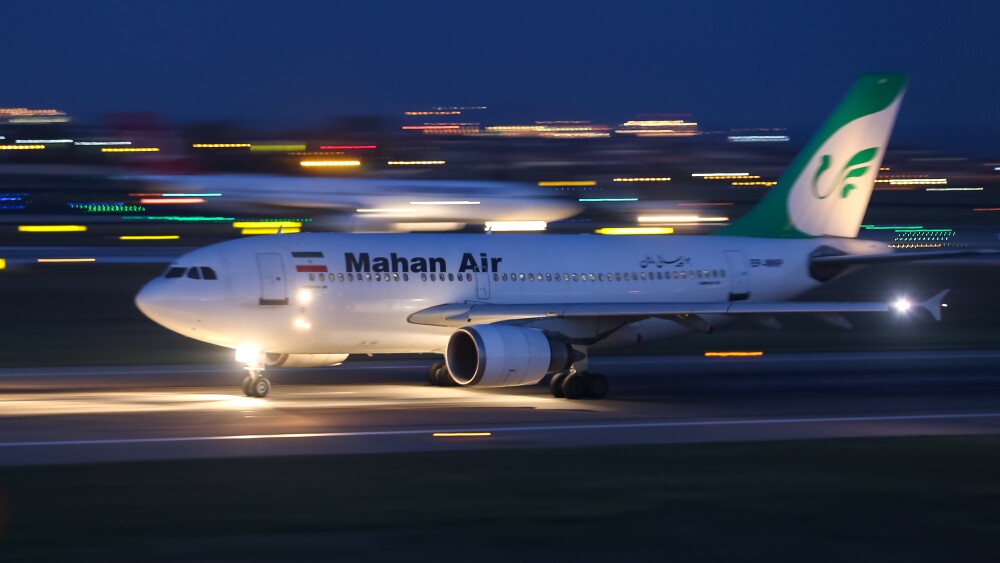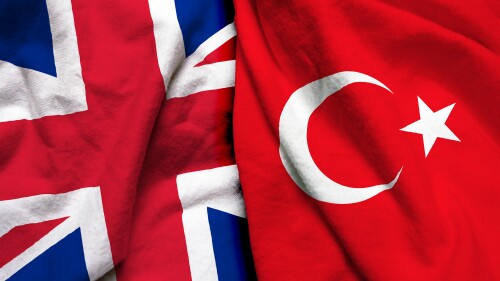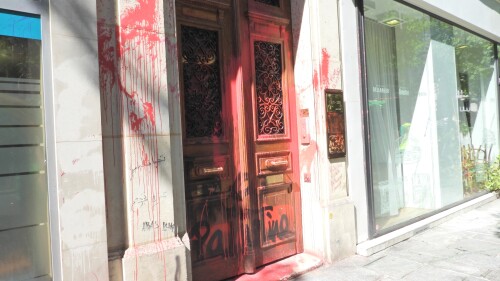In a fresh challenge to U.S. sanctions, Iran’s Islamic Revolutionary Guard Corps-linked carrier Mahan Air has outmaneuvered international aviation controls. Having exploited Madagascar earlier to import five U.S.-built Boeing 777-212ERs, Mahan’s procurement network has now pivoted to Malawi to continue rebuilding its long-haul fleet.
According to aviation registry data, Malawian front companies have begun acquiring and re-registering aircraft bound for Iran, including Boeing 737 and Airbus A320 narrow-body passenger aircraft and Airbus A340-642 wide-body and long-haul airliners. The move signals the opening of a new sanctions-evasion corridor on the African continent just months after the FBI-backed investigation that dismantled Mahan Air’s Malagasy network.
According to aviation registry data, Malawian front companies have begun acquiring and re-registering aircraft bound for Iran.
The July 2025 “Triple Seven operation,” which routed five ex-Singapore Airlines 777s from Australia through China, Indonesia, and Cambodia using forged Malagasy registrations, was the largest single sanctions-busting case since 2019. The scandal forced the arrest of senior Malagasy aviation officials, exposed corruption within the Civil Aviation Authority of Madagascar, and triggered the dismissal of the country’s transport minister. But Tehran’s logisticians adapted within weeks. With the Malagasy channel shut down, they shifted to Malawi—a nation with minimal civil-aviation oversight and extensive Chinese financial influence. There, they used newly-formed shell operators to provide nominal ownership and registration for aircraft awaiting clandestine transfer to Iran.
The first sign appeared on July 23, 2025, when a Boeing 737-529, serial no. 25249, arrived in Iran through Muscat carrying Malawi’s 7Q-YAU registration code. A second 737-4Y0 followed in September under 7Q-YAV, mirroring the same pattern: registration in Malawi, short-term storage in Asia, and delivery to Iran.
By late 2024, Mahan’s attention had turned to four former Thai Airways’ Airbus A340-642s stored at Taiyuan Wusu International Airport in China. Originally sold in 2022 to a Chinese company for dismantling, the aircraft instead underwent full maintenance and refurbishment, indicating preparation for reactivation rather than scrapping. Investigations show that three of the jets received Malawian registrations in mid-2025: 7Q-YAQ, 7Q-YAP, and 7Q-YAT. A newly created Rayoni Tourism Airline, registered in Lilongwe with no offices, fleet, or staff, acquired them, at least on paper. Open-source intelligence confirms at least three of the aircraft remain in Taiyuan, freshly painted white with Malawian codes applied.
Sources within Iran’s Civil Aviation Organization report that these airframes are scheduled to reach Iran using the same methods as the Madagascar smuggling: flight plans filed for “maintenance repositioning,” followed by mid-route transponder suppression and descent into Iranian airspace. Once inside Iran, the aircraft are expected to join Mahan Air’s fleet through 2026-27.
To outsiders, Mahan Air’s appetite for obsolete four-engine airliners may seem puzzling, yet for Tehran they serve a strategic purpose. Spare parts for their Rolls-Royce Trent 556 engines can be procured more easily by the company than American made CFM56 engines. This compatibility allows Mahan’s engineers—cut off from manufacturer support—to sustain the new aircraft domestically. Each A340-642 offers high payload, long range, and flexible cabin configuration, making it ideal for mixed passenger-freight missions to Asia and Latin America—routes long used for covert logistics. Together with the recently smuggled 777s, these aircraft restore the long-haul capacity the Islamic Revolutionary Guard Corps’ air arm lost to attrition and sanctions.
The shift from Madagascar to Malawi exposes the uneven enforcement of International Civil Aviation Organization standards.
The shift from Madagascar to Malawi exposes the uneven enforcement of International Civil Aviation Organization standards. Wealthier states can monitor end-users; poorer ones often cannot—or will not—when registration fees and foreign “investments” are at stake. Malawi’s Department of Civil Aviation lacks both technical capacity and political independence, while its leadership relies heavily on Chinese capital. These vulnerabilities create an ideal refuge for Iran’s procurement networks.
If Washington intends to uphold the integrity of its export-control regime, it must treat Malawi as the new frontline in Iran’s aviation sanctions evasion after Madagascar. The U.S. Department of the Treasury’s Office of Foreign Assets Control should impose immediate sanctions on Malawian companies involved in sanction evasion operations of Mahan Air. The State Department should press Lilongwe to suspend suspect their air-operator certificates and disclose full ownership records. Coordination between the FBI, Treasury, and African civil aviation authorities can replicate the successful enforcement model used in Madagascar.
The Revolutionary Guards’ aviation arm has shown how it can shift supply chains from one permissive jurisdiction to another. Without decisive intervention, the next set of smuggled airliners—bearing fresh African registrations—will soon touch down in Tehran, eroding U.S. deterrence one aircraft at a time.







